There have been some amazing counterpunchers in boxing history. Muhammed Ali would be at or near top of anyone’s list. Others, like Benny Leonard, James Toney and Joe Gans, consistently hold spots near the top. Personally, I’ve always marveled at Floyd Mayweather.
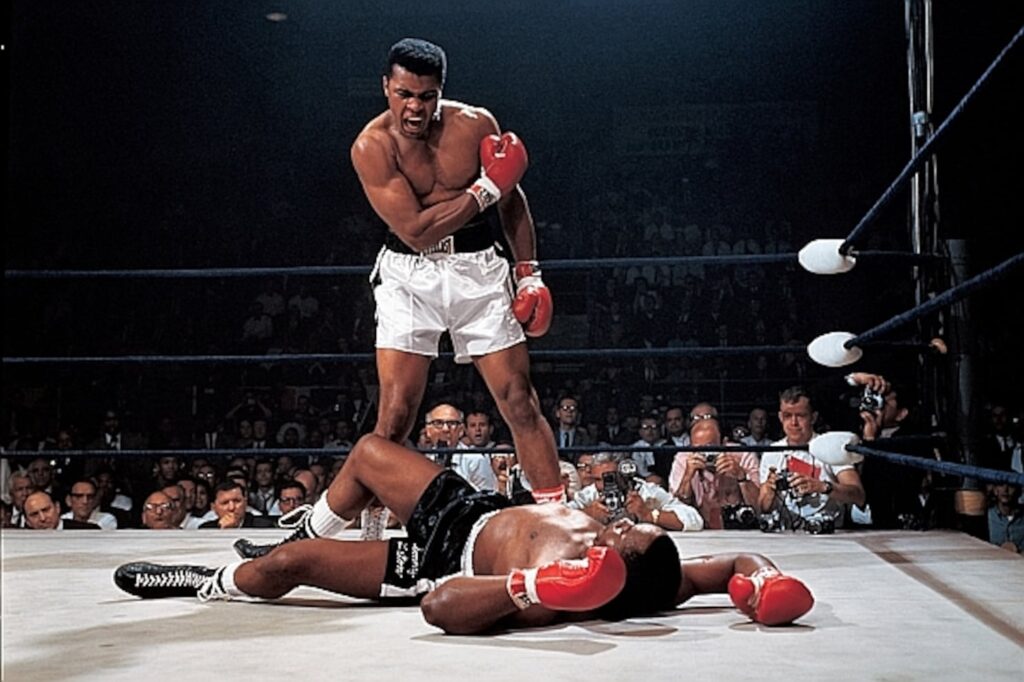
Any successful counterpuncher has three things in their corner.
- Strategy. Since counterpunching is, by nature, a reactive style of fighting, the fighter must resist the urge to initiate contact. They have to wait until their opponent throws a punch and then throw their counterpunch with greater speed and force than the opponent’s punch that they’re countering. Since counterpunchers can usually hit faster and harder than their opponent, they must resist the temptation to abandon their strategy and initiate contact. If they forget their strategy they give up their advantage, which is their opponent’s vulnerability for the split second they’re throwing their punch, compromising their balance and defense.
- Quickness. If a fighter doesn’t have superior quickness to most other fighters, they can’t be a counterpuncher. They must have the ability to land a punch between the time their foe starts their punch motion and the time they land it. Remember, they aren’t fighting slow people, but skilled, trained and conditioned fighters. So the counterpuncher’s got to be cat quick.
- Early Detection. For a fighter to respond super-quickly to a punch – quickly enough to land the counter before, or at least at the same time as the opponent’s punch – the counterpuncher has to detect that the punch is coming very early in its motion. All the quickness in the world isn’t enough to counter a punch detected too far into its motion.
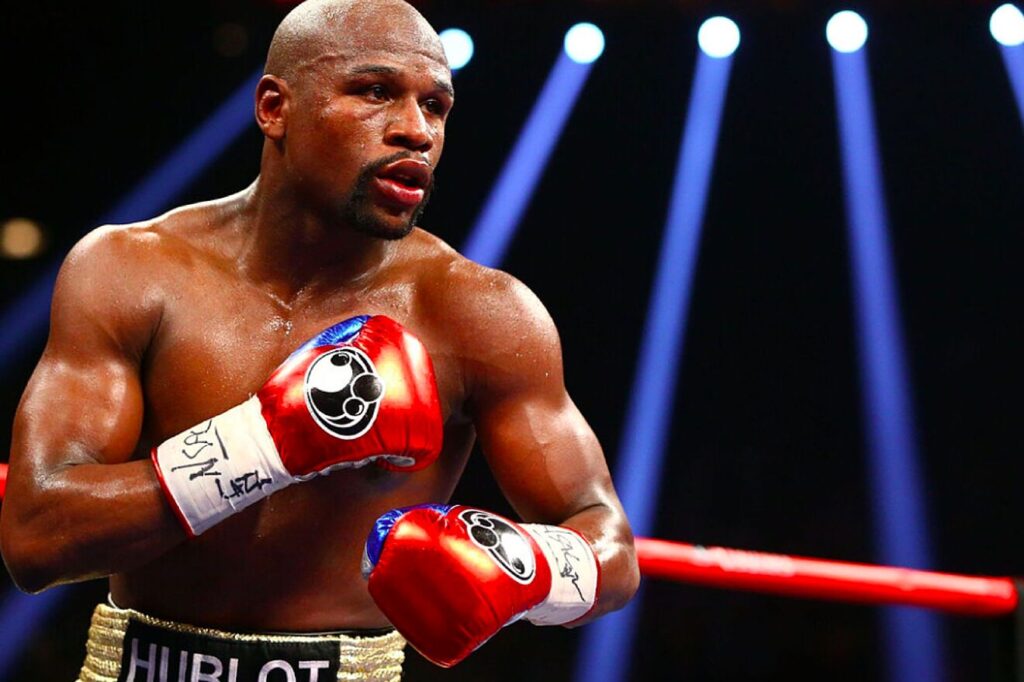
Now, it’s fun to talk about boxing, but let me apply all this to something far more important. In this more important application, the greatest all-time counterpuncher is Jesus Christ. His counterpunch is grace. He is undefeated and established the model for His followers to imitate. Let’s take the application deeper.
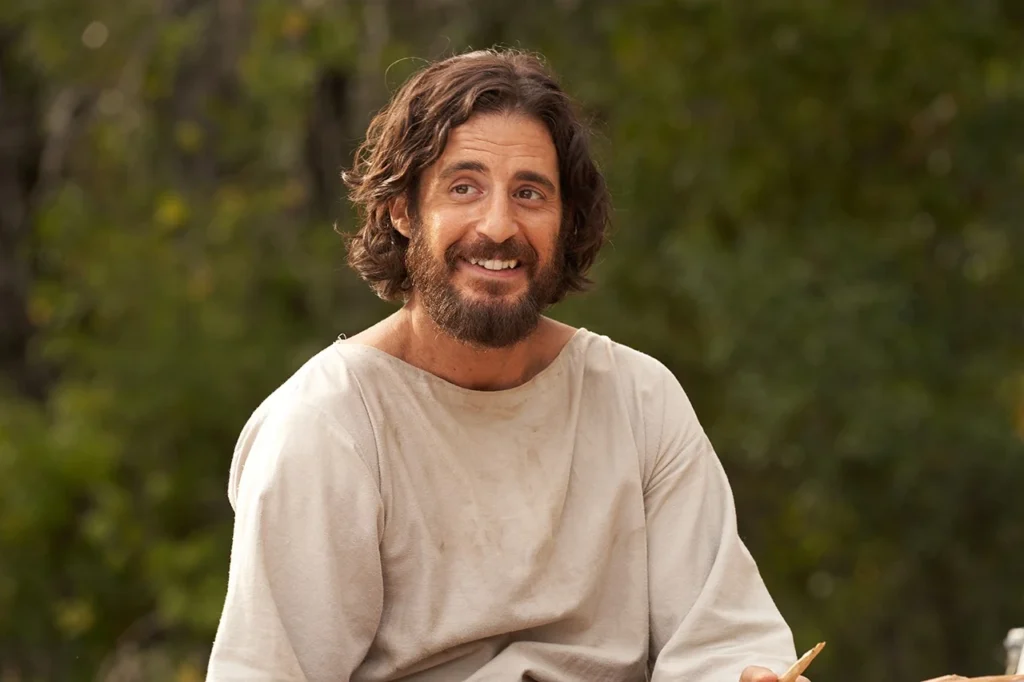
- Strategy. Jesus came to earth as the Messiah knowing He would be persecuted verbally and physically, His strategy was to respond with immediate love and forgiveness. “Father, forgive them, for they don’t know what they’re doing,” He prayed for the very people who were crucifying Him. Also, consider the grace He showed to Judas as he was betraying Him and to Simon Peter after he three times denied knowing Him. Although He was tested in every way we are, He never abandoned His strategy of responding to ill treatment with loving grace.
- Quickness. Jesus never had to take time to process His thoughts and emotions so He could show grace to someone. It was instinctive to Him because He was and is love. When He walked on the earth, He didn’t have a sin nature like all other people; He lived out of His Divine sinless nature, so His counterpunches of grace were speed-of-light quick – like immediate.
- Early detection. Jesus’ ability to detect what was coming flowed from His supernatural knowledge of God’s prophetic Word. The foretellings of Isaiah, the Psalms and the other prophets about Messianic events were at the core of His thought life, so He had a literally supernatural advantage in seeing when a blow would be thrown at Him. He knew about occurrences before they occurred. Now that’s early detection. And it’s also the secret to His being super-prepared to counter with grace.
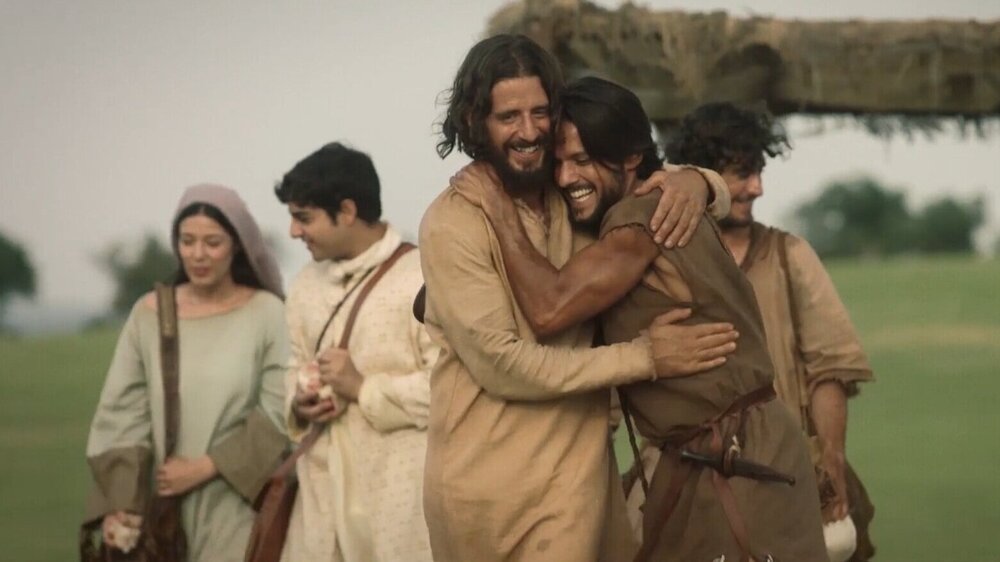
There exists one more layer of application to this counterpunching metaphor, and it’s to us. We know that because of Jesus’ words…love your enemies…when they revile and persecute you…rejoice and be exceedingly glad…if your brother sins against you…and…he repents, forgive him.
And His Spirit continues along the same line with similar instructions to us in the church age…love is patient…do all you can to live at peace with one another…do not repay evil for evil or insult for insult…bless others because you were called to inherit a blessing.
So let’s make this most important application, the one to our own lives, by looking at the three counterpuncher characteristics.
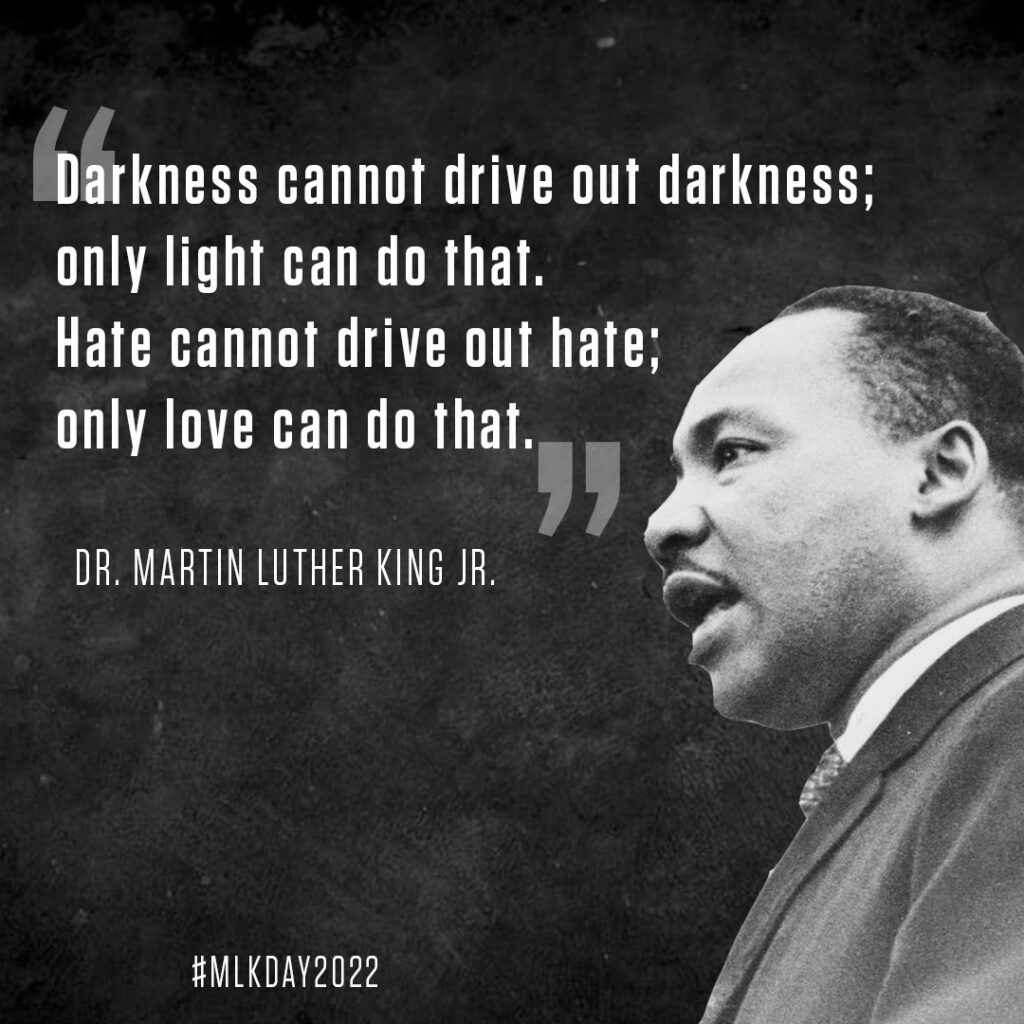
- Strategy. Our biggest challenge isn’t the devil. It’s holding on to our strategy. The primary temptation is to counter with a different punch than the one our Trainer (God) has equipped us with. MLK got it; he said: Darkness cannot drive out darkness; only light can do that. Hate cannot drive out; only love can do that.
- Quickness. The real objective in responding to the hater with love is to win the heart of the hater. Nothing will do that more effectively than an immediate love response, one taking zero time to choose love. It says, “I decided to love you before you even threw your punch at me, and your punch hasn’t changed my mind.”
- Early detection. Just as Jesus saw punches coming before they were thrown, he warns us that they’re in our future, and lays out our response: blessed are you when [people] revile you and persecute you, and say all kinds of evil against you falsely for my sake. Rejoice and be exceedingly glad, for great is your reward in heaven.
What if we, by our consistent actions, created a love-grace counterpunch culture? I think that’s exactly what the Lord has in mind for us.

